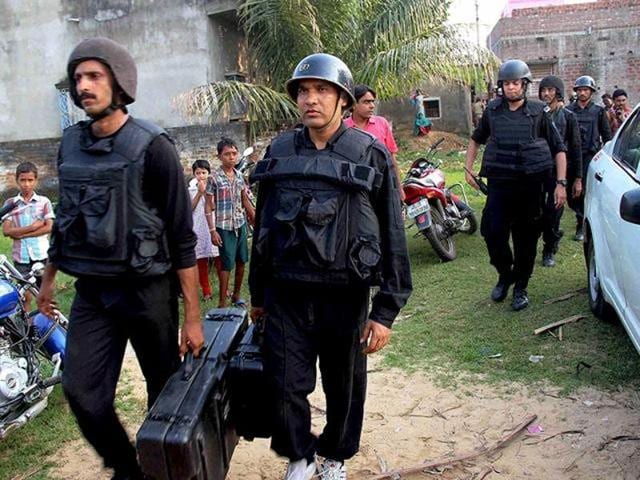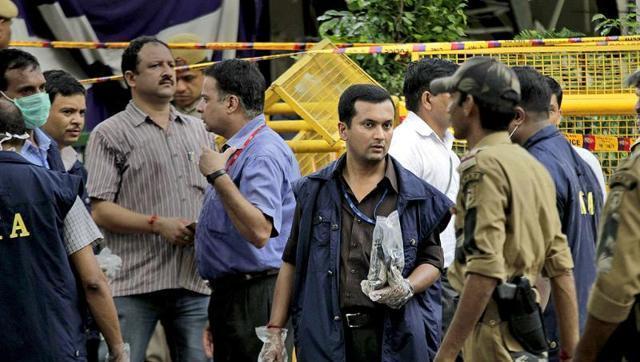Many NIA sleuths may go back to their parent cadre
They have completed the mandatory tenure. But the step can affect many high profile cases that the agency in investigating.
The National Investigation Agency (NIA) is facing a challenge after the ministry of home affairs (MHA) decided to send back 53 of its officers to their parent cadre.

The decision was taken after the officers had completed their term of deputation.
However, most of these officers are presently handling high-profile cases like the Khagragarh blast (2014), Bodh Gaya blast (2013), FICN cases (2016) and even Patna blast (2013).
Read: NIA likely to lead investigation into Uri terror attack
Many of the cases are still being investigated and few have already gone for trial in different courts across the country.
Following the decision, the NIA may lose officers across a wide range of ranks from inspector generals of police (IGs) to deputy superintendents of police (DSPs).

Most of the officers came to NIA on deputation from CISF, BSF and the police of various states.
Read: NIA takes over Bodh Gaya probe
According to the deputation rules, an IG rank officer can stay in deputation for up to five years. Even if he gets an extension, he can stay back for another two years. But after seven years, he has to go back to his parent cadre.
Similarly, a superintendent of police (SP) has to come back to his parent cadre after four years.
“I have to go back to my parent cadre, that is Madhya Pradesh Police, because of the government’s policy,” said IG, NIA, S K Singh.
NIA, which is investigating most of the terror-related cases across the country, is facing manpower shortage across the country. In West Bengal also, several times NIA approached the state government to give it officers on deputation.
Read: Burdwan blast: NIA court frames charges against 30 accused
“NIA will face a severe crisis if it releases 53 of its competent officers. These officers were competent and expert in handling terror-related cases across the country,” said a senior officer of NIA.
An officer in NIA becomes expert in handling such terror cases after much training and experience.
“In many cases, the trials have already started. An officer has to depose before the court and take witnesses to court. The new order will definitely affect the prosecution,” said the officer.




